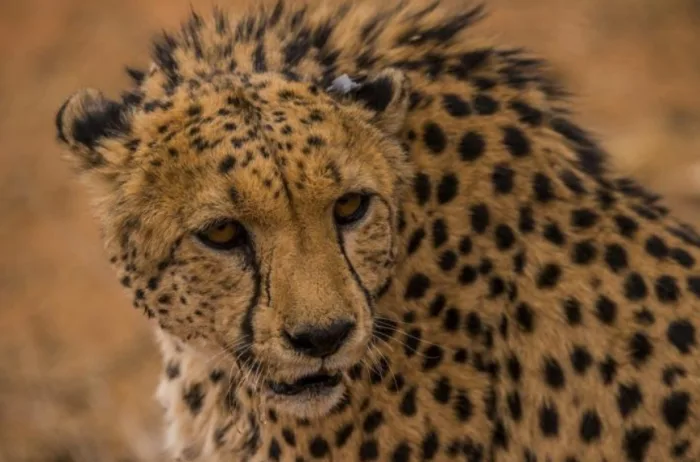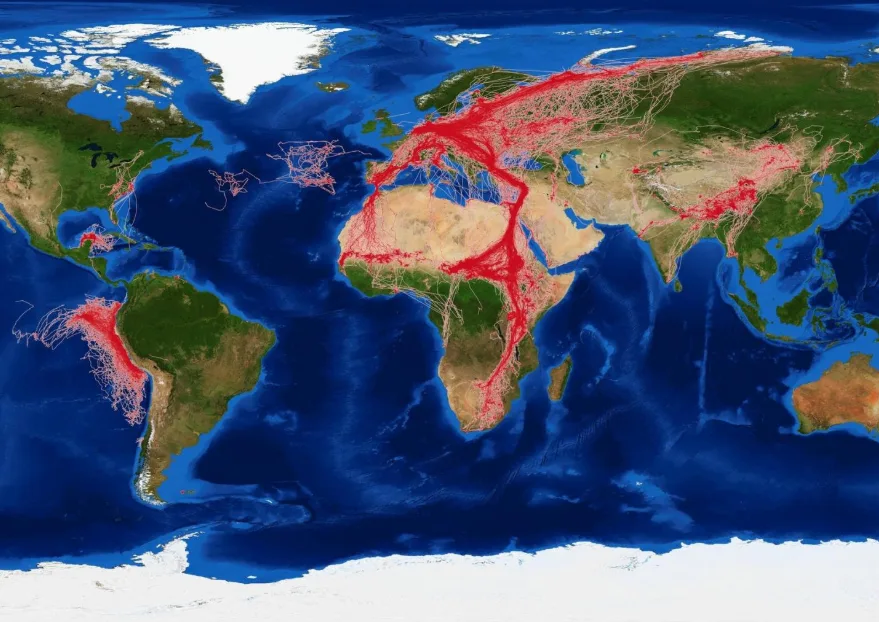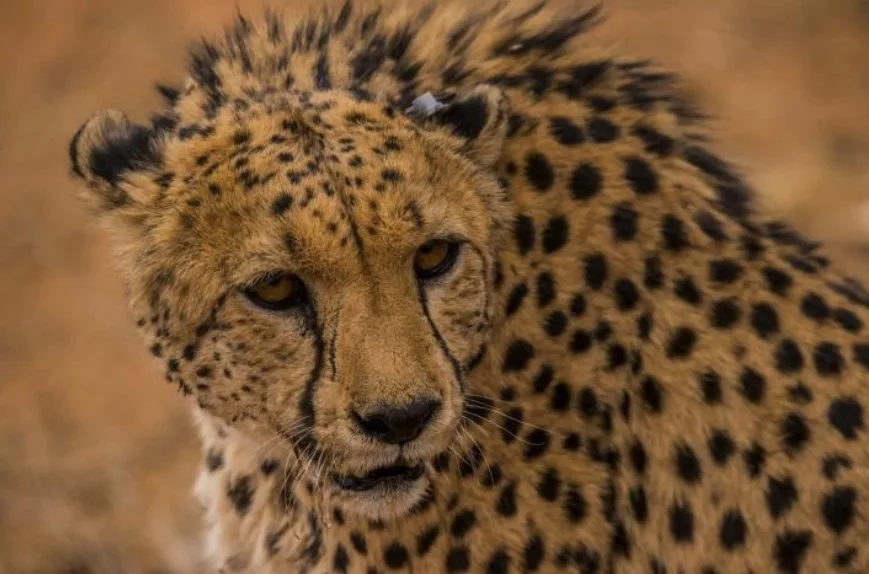
Lockdowns changed animal behaviour. Researchers want to know what that means.
Researchers hope the findings will inspire new ways to co-exist with nature post-COVID-19.
A widespread and prolonged reduction in human activity due to COVID-19 lockdowns is likely changing animal behaviour, and a global team of researchers has been formed in response, according to an article published this week in Nature Ecology & Evolution.
We already have anecdotal evidence of animals changing their movements, with multiple reports of animals roaming in areas normally bustling with human life.
And this isn't just happening in Canada -- there have been reports of altered animal behaviour in parts of Europe and Asia as well.
'ANTHROPAUSE'
The authors of the new study have dubbed the lockdown period 'anthropause' -- a nod to the slowdown in several sectors.
While some animals are thriving under the new conditions, like the dolphins that have returned to Italy coast now that cruise ships are docked, other animals are struggling.
In a statement, the paper's authors point to city rats or monkeys in urban-dwelling areas, both of which rely on human leftovers to survive.

A map of animal movements. Courtesy: MPIAB/ MaxCine.
BIO-LOGGING INITATIVE
While the authors stress humanity's priority is ending the pandemic, they note researchers have a unique, large-scale opportunity to study animal behaviour.
In response to this, a global consortium called the COVID-19 Bio-Logging Initiative has been created. Researchers will work together to "investigate animals' movements, behaviour and stress levels, before, during, and after Covid-19 lockdown, using data collected with nifty animal-attached electronic devices called "bio-loggers," the authors say in a statement.

A cheetah wearing a 'bio-logger' on its ear. Courtesy: Sergio Izquierdo.
"All over the world, field biologists have fitted animals with miniature tracking devices," explains lead author Professor Christian Rutz, a biologist at the University of St Andrews, UK, and President of the International Bio-Logging Society.
"These bio-loggers provide a goldmine of information on animal movement and behaviour, which we can now tap to improve our understanding of human-wildlife interactions, with benefits for all."
Results from several species of animals will be logged, including fish, birds, and mammals.

A mallard wearing a solar GPS tag. Courtesy: Sergio Izquierdo.
'A BIG DEAL'
Dr. Matthias-Claudio Loretto, a Marie Skodowska-Curie Fellow at the Max Planck Institute of Animal Behavior in Radolfzell, Germany, says the lockdown will give researchers a unique opportunity to quantify the impact that human activity has on some animal species.
"We will be able to investigate if the movements of animals in modern landscapes are predominantly affected by built structures, or by the presence of humans," Dr. Loretto says.
"That is a big deal."
Scientists hope the findings will inspire new proposals that will improve human and wildlife co-existence.
RELATED VIDEO: WILDLIFE COLLISIONS A CONCERN AS COVID-19 RESTRICTIONS EASE
"Nobody is asking for humans to stay in permanent lockdown," Professor Martin Wikelski, Director of the Max Planck Institute of Animal Behavior in Radolfzell, Germany says in a statement.
"But we may discover that relatively minor changes to our lifestyles and transport networks can potentially have significant benefits for both ecosystems and humans."










